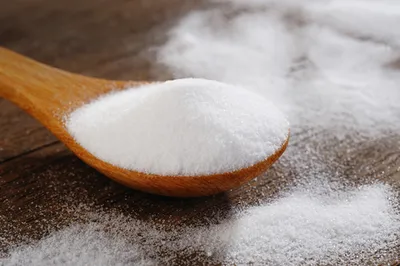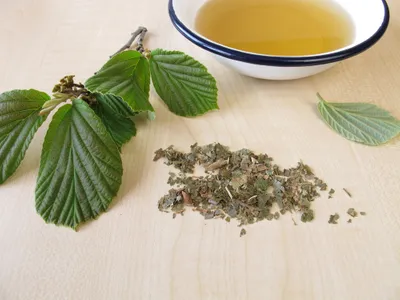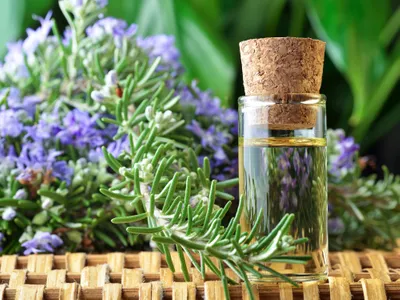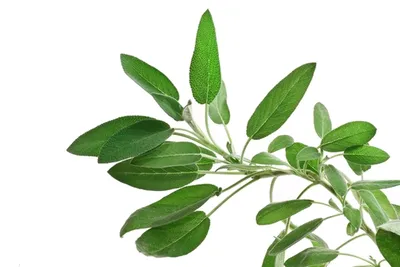Perspiration, the release of salt-based fluid from the sweat glands, is the natural process by which the body regulates its temperature. Although commonly associated with body odor, it is not the sweat itself that causes unpleasant scents. Rather, it is the result of when it “breaks down and mixes with the bacteria on your skin,” says Healthline.com.
There are plenty of products available to help manage undesired odor, such as antiperspirants and body sprays, but they often contain aluminum and other chemicals that can have negative effects on the body when used repeatedly over time. Thankfully, there are other ways to keep body odor in check, such as these seven natural treatments.
1. Baking Soda
Baking soda has a wide variety of uses that extend beyond the kitchen. Due to its ability to absorb moisture and kill odor-causing bacteria, it’s an effective natural way to combat the issue.
Try mixing it with cornstarch and applying directly to the area in need. Alternatively, Top10HomeRemedies.com suggests mixing a tablespoon of baking soda with lemon juice and leaving it on the problem area for a few minutes, before washing off with water. For most effectiveness, the source recommends repeating this process once daily for several weeks.
2. Vinegar or Lemon Juice
The acidity in vinegar can help to lower the pH level of the skin, as well as kill any surface bacteria that may exist. And since it’s the bacteria that causes sweat to develop an odor, spritzing either white or apple cider vinegar on the area and wiping it dry should help to eliminate undesired smells.
Lemon juice is also an effective way to increase the acidity of the skin, and, according to Best Health magazine, “all bacteria, including the odor-causing kinds, have a hard time surviving in a highly acidic environment.” It can be applied directly to the area or diluted with a bit of water, for those who have more sensitive skin.
3. Witch Hazel
Like vinegar and lemon juice, witch hazel is beneficial for lowering the skin’s pH level and preventing odor-causing bacteria from thriving. It is also a natural antiseptic and helps to reduce the production of sweat by shrinking the pores that produce it. This remedy can be applied directly to the underarms using a cotton pad.
Tea tree oil is another antiseptic that can be applied directly to the skin of problem areas. It also has a more pleasant aroma than witch hazel, which tends to be quite strong (but can be purchased unscented). For both options, Medical Daily recommends applying several times daily.
4. Rosemary
In a 2007 study, rosemary was shown to disrupt the growth of Corynebacterium and Propionibacterium, the microbes responsible for causing body odor. The herb also contains natural deodorizers like menthol and chlorophyll. It’s also an effective way to boost the body’s zinc intake, “of which a deficiency can cause body odor,” says Top10HomeRemedies.com.
The source recommends mixing rosemary essential oil with a touch of water and applying directly to the underarms or other affected areas. Alternatively, dried rosemary can be steeped in hot water and then added to bath water once daily.
5. Sage
Due to its pleasant smell and ability to reduce sweat gland activity, sage is commonly used in perfumes and deodorants. The herb is also an effective antibacterial; when applied, it discourages the growth of odor-causing bacteria.
Try making a natural deodorant by mixing sage oil, coriander oil and lavender oil in a bottle and spritzing on the underarms each day. Or steep dry sage in hot water and apply to the affected area when cool. Drinking sage tea is another treatment option, but no more than two cups per day. It’s important to note that sage should be entirely avoided for women who are pregnant or nursing.
6. Regular Hygiene
Reducing unwanted odor through regular hygiene practices may seem obvious, but its importance cannot be overstated. WebMD recommends showering at least once a day with an antibacterial soap and towelling off thoroughly afterward, as bacteria tends to grow more rapidly in areas where there is moisture.
Livestrong.com says that, for women in particular, shaving often can also help, as “hair traps bacteria and holds it close to the skin, where it can more easily combine with sweat to cause odor.” In addition, the source emphasizes the importance of wearing breathable fabrics, such as cotton and linen, and washing them on a consistent basis.
7. Diet
Consuming pungent foods like garlic, onions, curry or caffeinated drinks, while delicious, can often cause undesired body odors. Removing them from your diet will certainly help, but you can go a step further and add certain foods that are known to prevent the issue.
Leafy greens like spinach, chard and kale contain high levels of chlorophyll, a natural deodorizer. Chlorophyll can also be taken in tablet form, often made from kelp, barley grass and blue-green algae. Best Health magazine also recommends other greens such as parsley and wheatgrass juice.










